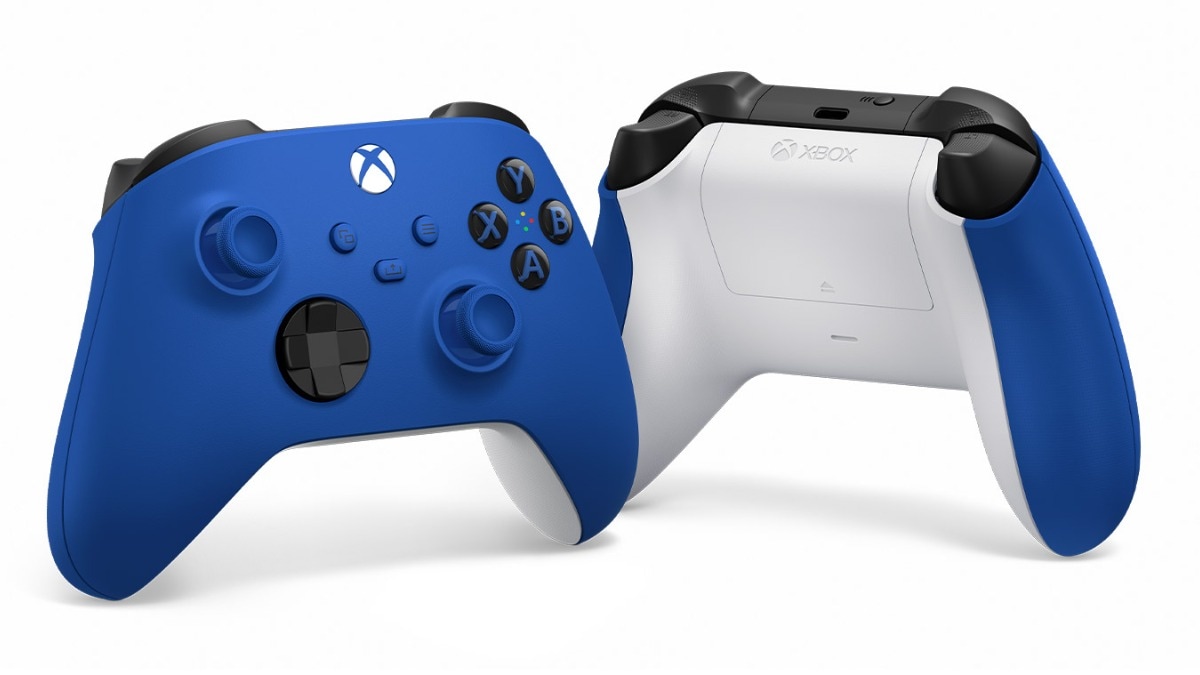Missed news from the world of tech this week? Don’t worry because we have all the highlights here for you. You can also check out our 360 daily news recaps from this week (and before), where you can also find short 2-minute video recaps if you’re running short on time.
One of the biggest developments of the week was that a huge security breach took place that potentially compromised the data of 3.2 million debit cards in India. SBI, HDFC, and ICICI are apparently the worst hit; Axis Bank however says there has been no loss to customers from the breach. SBI has also blocked 600,000 cards after the breach. It goes without saying that you should change your ATM PIN as a security measure.
(Also see: How to Change Your Debit Card PIN Online)
As usual, there were plenty of phones launched during the week. The Lyf F1, which has a 16-megapixel camera, was launched for Rs. 13,399. The company is offering a free Bluetooth speaker worth Rs. 3,000 alongside, and announced a 10 percent cashback offer for Citibank cardholders. Buyers will also get a Reliance Retail gift voucher worth Rs. 15,000.
Intex launched its budget smartphone the Intex Cloud Scan FP, which comes with a fingerprint scanner, priced at Rs. 3,999. We also saw the launch of the Infocus Epic 1, which will go on sale from October 25. The Samsung Galaxy On Nxt launched at Rs. 18,490, exclusive to Flipkart.
Huawei launched the Honor 6X, which comes with a fingerprint sensor, VoLTE support, dual camera setup, and an octa-core processor. The company also launched a tablet and smartwatch, the Honor Pad 2 with 3GB of RAM, and the Honor Watch S1. ZTE also launched two phones this week; the ZTE Nubia Z11 Mini priced at Rs. 12,999, and the ZTE Nubia Z11 mini S, which was launched in China and is priced at CNY 1,499, or approximately Rs. 14,687. Despite the similar name, the two phones are quite different – the mini S is bigger and more powerful, and packs a 23-megapixel camera.
Other launches include the Gionee P7 Max 5.5-inch phone with 3GB RAM, the Panasonic Eluga Tapp, which has 4G VoLTE, and the Xolo Era 2, also with Reliance Jio support.
Beyond the launches, some pretty interesting developments have been taking place. The Android 7.1 Nougat developer preview is now available for the Nexus 5X, Nexus 6P, and Pixel C.
Speaking of India, the Telecom Regulatory Authority of India or TRAI and Reliance Jio have both been in the news as well. Jio and other telcos have still been having issues over interconnection, and we’re starting to see some fallout from all this. TRAI has recommended a Rs. 3,050 fine on Airtel, Vodafone, and Idea for not providing enough interconnect points. The other big win for Jio is that TRAI has also cleared Jio’s free voice calls for life.
It’s not all good for Jio though – TRAI’s speed test data showed this week that Jio is the slowest 4G network in India. The telco claims that this is because of the structure of its Welcome Offer, which is running till the end of the year. Under the Welcome Offer, every Jio subscriber has unlimited free Internet access, but there’s a 4GB daily limit on full speed access. After consuming 4GB, your speed is throttled – Jio is claiming that this has been affected the average speed as recorded by Trai.
Also – and you can probably thank Jio for this – Airtel has now rolled out a plan offering 10GB of data for Rs. 259; the plan was originally an exclusive to Samsung’s Galaxy J-series smartphones, but has been expanded to all new 4G smartphones.
Meanwhile, Xiaomi also had a big week. For one thing, it’s claiming to have sold 1 million smartphones in India in just 18 days. CEO Lei Jun wrote an open letter to Xiaomi India employees, and there he also revealed that the company has sold 2.3 million Xiaomi Redmi Note 3 phones in six months. The company is also working to expand its presence.
Last month it announced its first offline-retail phone, the Xiaomi Redmi 3S Plus; now it has partnered with rural retail provider StoreKing to build its offline presence in rural areas. Xiaomi also allegedly made its entry into the European market, though not in a way it would have wanted to – a Spanish phonemaker, Zetta, was reportedly selling rebranded Xiaomi phones under its own name. Xiaomi told Gadgets 360 it has no relationship with Zetta, or anyone else in Western Europe.
There were also reports that Xioami has succeeded in making a bendable smartphone. Flexible displays have been around since quite some time, however none have made it to the commercial market yet.
Great news for gamers this week – the long rumoured Nintendo NX was officially unveiled this week. The NX is now officially the Nintendo Switch, and it will be on sale from March 2017. The price of the console has not been announced yet, but it is both a portable and home console as rumoured. The base station is a power supply that also connects the console to your TV, and when you want to take it with you on the go, the main “console” has a built in display.
We still don’t know too much about how powerful the console is except that it’s powered by Nvidia’s Tegra chipset, and Nintendo hasn’t revealed a full lineup of games. Skyrim was shown briefly on the clip Nintendo showed, and the new Beyond Good and Evil is reportedly going to be an exclusive to the new console, with a 2018 release date.
Another very exciting piece of news this week came from Tesla. The company announced that it will integrate self-driving technology in all its cars, not just the high-end models. It also stated that it will roll out an Uber-style ride services program.
The race towards self-driving cars is heating up – Chinese giant LeEco launched in the US with the smartphones Le Pro 3 and Le S3; the company also unveiled its self-driving car, the LeSee. We’re officially living in the future as companies get into a race to bring self-driving cars to the roads.
These were the highlights of the week to us; let us know if there’s anything else you think should be mentioned, via the comments.



